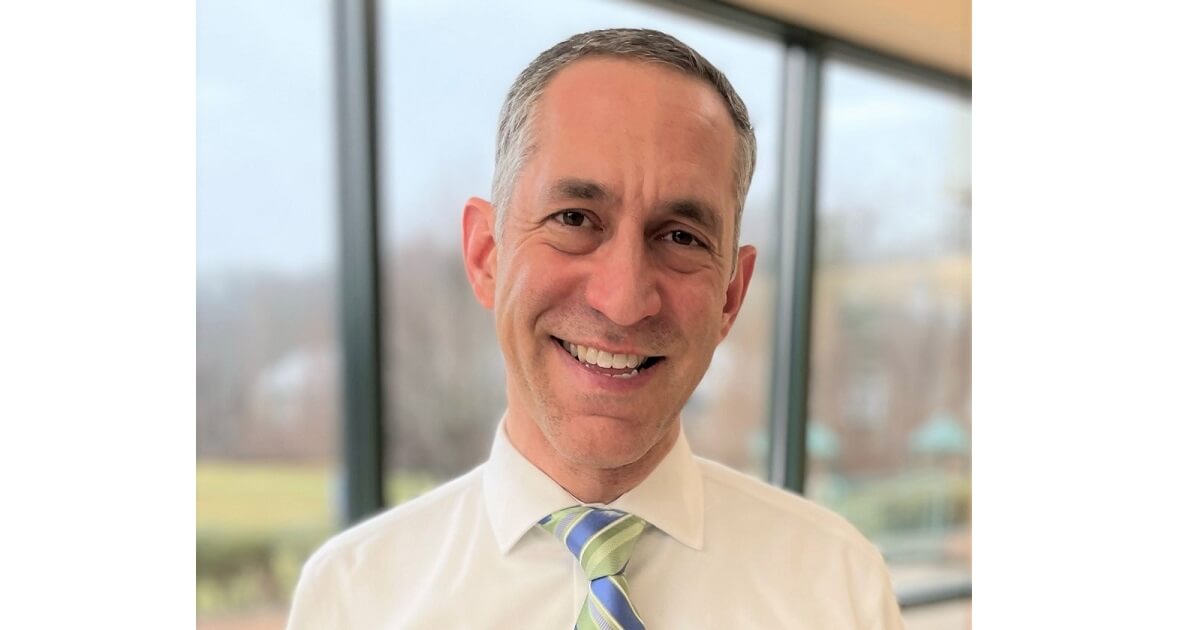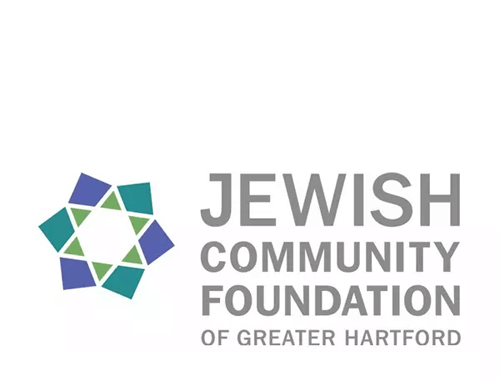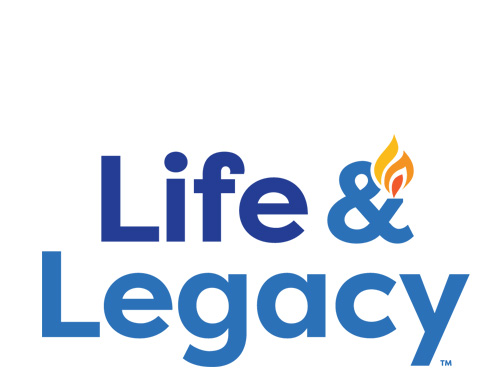- about
- academics
- current parents
- student life
- Prospective Parents
- Donate
All Learning is Language Learning

/ May 3, 2023 /
By: Rabbi Jonathan (Yoni) Berger
“Why learn facts if you can just Google them?” Questions like this, which many of us began asking in the late 90s as computers with internet access became more affordable and widespread, took on even greater urgency with the spread of smartphones. With so much knowledge at our fingertips, should schools stop teaching facts, and focus solely on skills and higher-level thinking?
That depends. How would we describe the fluency of someone who said, “I speak French! I know all the pronouns, tenses, conjugations, and proper word order… but I only know about 20 words”? I think we’d agree: such a person can’t really speak French. And the opposite is true as well: it’s possible to memorize a dictionary without being able to construct a coherent sentence. When it comes to learning a language, neither skills (grammar) nor knowledge (vocabulary) alone are sufficient; you need both.
What’s true for languages is also true for education in general. If studying history meant just memorizing facts, then Google has rendered history class obsolete. But if studying history means that students learn to ask questions, develop explanations of complex causes and effects, and see the world in a historical fashion, always using facts as the building blocks of sophisticated learning—then they are speaking the language of history. That is why, at Schechter, all learning is language learning. Our students never just learn facts; they learn to think, question and function in different disciplines.
Languages can be classified in all sorts of ways—into families like “Sino-Tibetan” or “Germanic,” or based on which part of speech tends to appear at the beginning of a sentence—but the most poignant way of sorting them is as “living” or “dead.” Dead languages can be learned, studied, and understood, but they have no native speakers. They help us understand the past, but they offer no avenue for real creativity. In contrast, living languages are dynamic and adaptive. Yes, living languages open a window to the past—but they also allow the speaker to connect to others in the present, and to shape the future. And if these languages are taught with love and joy, then the students will love them, and they will be eager to ask new questions, express new ideas, and create new meaning.
How to express my vision for learning at Schechter? I want our students to become enthusiastic, native speakers of every “language” they acquire at school. To do this, to become proficient speakers, they will learn plenty of facts. (Some of them will even come from Google! They learn early on to evaluate internet sources for reliability.) Most important, though, is what they do with those facts. Our goal is to equip them with the knowledge, skills, curiosity and creativity they will need to choose any path, and open any door.
Loading Conversation
SEARCH HEAD OF SCHOOL BLOG
ARCHIVES
May 2025 Sep 2024 Feb 2024 Nov 2023 Oct 2023 May 2023 Mar 2023
Solomon Schechter Day School
of Greater Hartford
26 Buena Vista Road
West Hartford, CT 06107
© Solomon Schechter Day School of Greater Hartford | Site design Knowles Kreative




